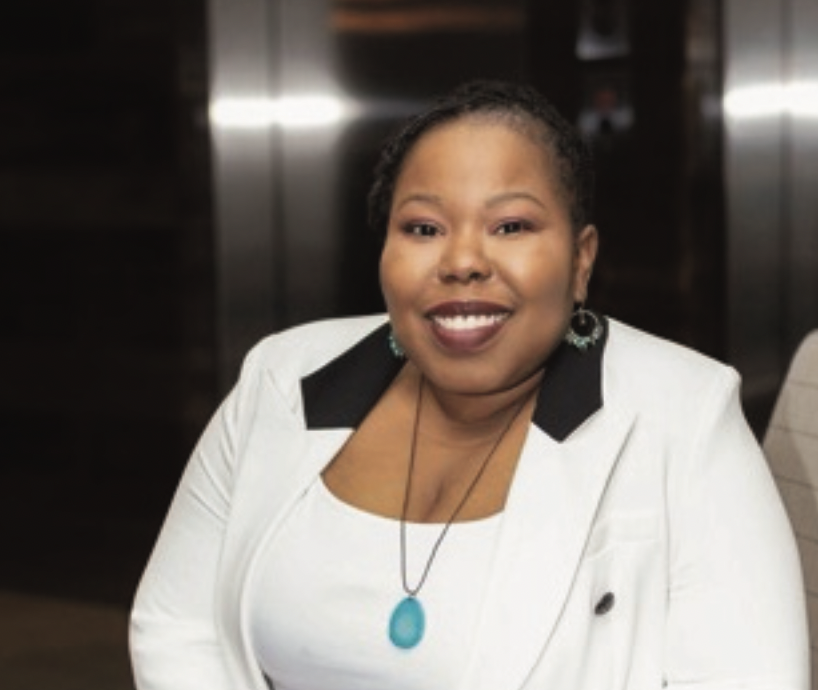Last September, at the height of the global pandemic, more than 90 million women were displaced from the workforce. It turned out that more than 68 percent of them were directly impacted by the childcare crisis in our country, a crisis that existed long before the pandemic but was grossly exacerbated after its start.
Many of those women were executives, managers, and technical specialists exiting from roles and industries traditionally dominated by men, without any assurance of when or if they would return. Many more of those women, however, were artists and creative entrepreneurs.
Though the press has readily touted the need to get women, parents, caregivers, and artists back to work in order to ensure a successful recovery for America’s economy, these very same groups are rarely if ever included in America’s economic recovery plans.
Though President Biden’s Build Back Better initiative includes childcare payment solutions to support parents returning to work, it does not fully encompass the childcare industry and childcare worker shortages that will complicate accessibility for parents.
In much the same way, dependent care resolutions for caregivers of aging parents, differently-abled spouses, or adult children with special needs are not integrated into many of these plans either.
And then there are many of the arts-workers living at the intersection of it all.
Many creatives are currently without income because of COVID-19 closures and industry reduction plans to mitigate social distancing. However, many of those same workers still have families to feed, care costs to cover, and are undertaking their responsibilities without respite. While it is true America’s recovery relies on these workers, we cannot forget about them as we plan to “build back better.”
If you’d like to help support the forgotten children of America’s economic recovery, here are some ways you can:
1. Learn who your representatives are, then send a concerned constituent letter.
2. Support those like AARP, Reel Families for Change, and Childcare Aware of America who are champions for change. You can give time, social media support, and/or a tax-deductible donation.
3. Befriend someone forgotten by this recovery; if you are someone, reach out and share your story.
To learn more about Reel Families for Change: @reelfamilies or www.reelfamilies.org.

Akima A. Brown is the Founding Executive Director of Reel Families for Change (RFC); a nonprofit committed to securing fair treatment and improved labor conditions for parents and caregivers working in the North American screen industries.






